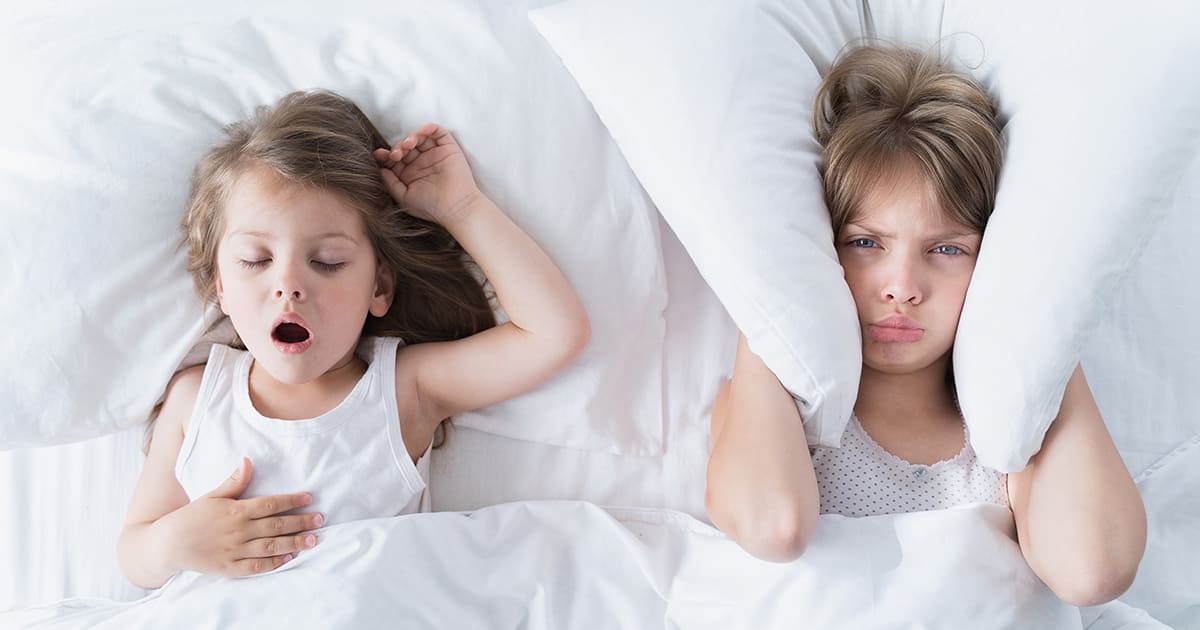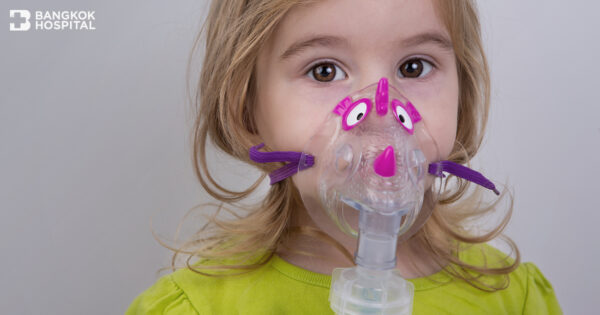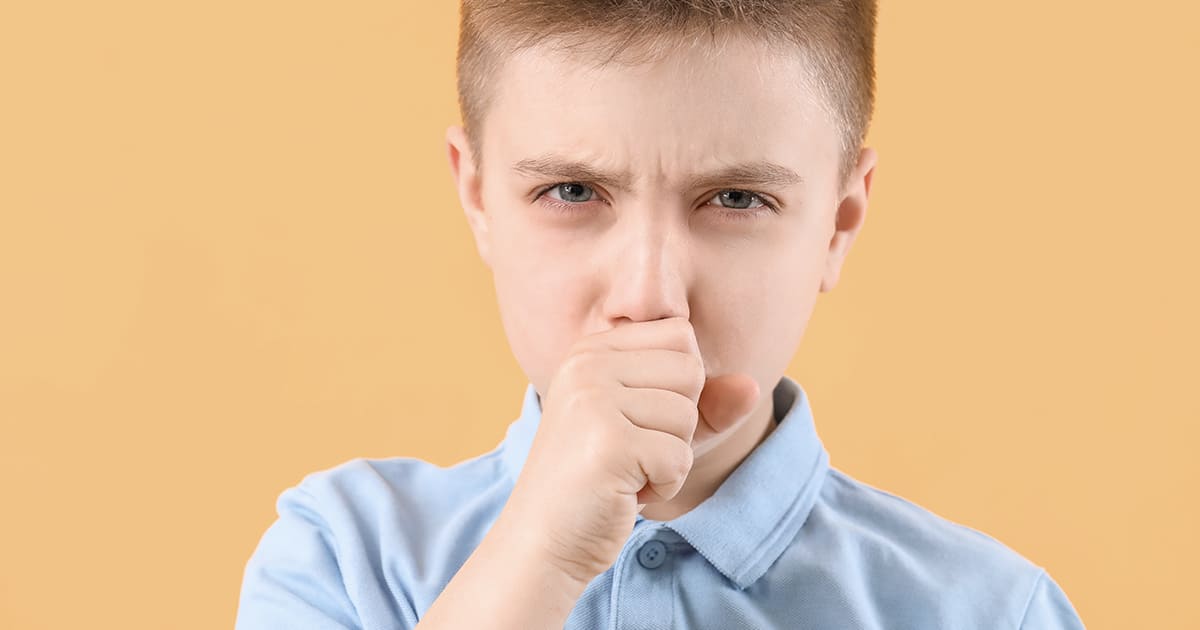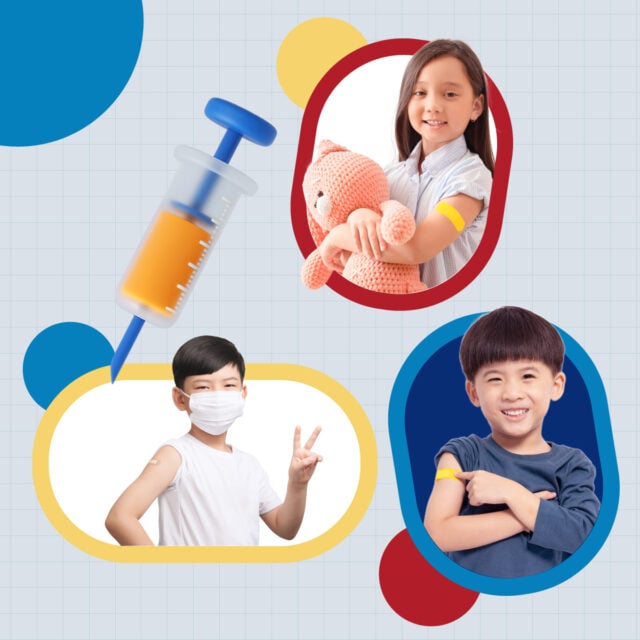The health of the little ones is something about which parents are always concerned and worried, especially respiratory system diseases in children which is quite common but can be harmful. As parents, it is important that you know about their danger so that you are well prepared to promptly take appropriate actions, to prevent any harmful effect that may have an impact on your children’s development and overall health in the long run.
Children and Respiratory Diseases
Health issues in children are no different to those of adults. They can suffer from similar diseases, but the severity may differ in some ways. So, as a care-giver, it is important to know what to observe more closely as children of different ages will have differing issues.
For children, the age group in which they frequently have health issues is the early childhood. This is why it is necessary to pay closer attention to them when they are in that age group. A common problem is around their respiratory system. If the care-giver can recognize the warning signs, it can be helpful for the disease diagnosis and treatment. This can become vital in preventing other complications that may impact the children’s overall health – such as their growth and age-appropriate development, as well as proper psychological and behavior traits.
Warning Signs for Your Little Ones
Symptoms that indicate your little ones may be suffering from worse health issues than expected include:
- Excessive coughing that affects their regular routines or disturbs others around them.
- Intermittent coughing longer than 1 – 2 weeks.
- Coughing or shortness of breath, or making wheezing sound while exerting themselves or when there is a change in the weather.
- Snoring and/or irregular breathing – haltingly.
- Excessive mucus, chronic or frequent stuffy nose, or loud breathing.
- Discomfort in ears, nose, or chest.
- Frequent nose bleed or coughing blood.
Respiratory Diseases in Children
If you observe any of the symptoms above, it means your child may be suffering from some of these dangerous repository diseases:
- Acute or Chronic Bronchitis
Inflammation can cause coughing, whether it is a dry cough or coughing with phlegm, which can continue day and night. For acute bronchitis the coughing may begin just like for a common cold, but it may be more frequent and longer. The common cause of a sickness is either a virus or bacteria, but during the rainy season the type of prevalent virus – such as RSV and Rhinovirus – usually causes bronchitis is children. This may be so severe that it leads to inflammation of the lungs which causes breathlessness, fast breathing, listlessness, loss of appetite, and a fever. If you notice any of these signs, you should bring your child to see a doctor; especially if there is a chronic dry cough as it can also lead to asthma.
- Rhinitis from Allergy/Allergic to Weather
Today, as the world’s climate has become warmer, there is often an unpredictable weather environment. As more people are now living in cities, it is common to find that children experience some allergy symptoms: excessive mucus, itchy nose, frequent sneezing, or stuffy nose. Some children may also feel itchy eyes, or may suffer from recurring nose bleed. Others may experience discomfort or ringing in the ears, or repeated ear infection. They may have relatives who have the similar issues, too. All these problems can interfere with the children’s everyday routines and affect their learning abilities or sleep. If this is the case, it is recommended that you bring them to see a doctor as soon as possible for proper treatment. In the mean time, you should keep them away from any air pollution – such as automobile exhaust, PM2.5 dust, smoke from all type of burning (cigarettes, incense, chemicals, etc.). When they have to be in areas with air pollution, they should wear a mask and rinse their nose frequently.
- Inflammation of the Nasal Cavity and Sinusitis
These conditions can come from infections or allergy, and it can occur suddenly or progressively. An infection can be by a virus or bacteria. If it is by a fungus, you will find that the child has thick mucus which drains into the throat and causes coughing. He/She may have a fever, pain around the face, bad breath for longer than 1 – 2 weeks or intermittently. Any of these symptoms may point to inflammation of the nasal cavity and sinusitis.

- Upper Airway Obstruction
An important sign occurs during their sleep: snoring, forceful breathing, restless, lying on their stomach or keeping their head high. For a severe case, the child may experience irregular breathing, or cannot breathe and has to sit up in order to sleep. In extreme cases, the child cannot rest properly and feel sleep-deprived, irritable, drowsy during the day, and experience reduced learning ability as well as inability to concentrate. Generally, upper airway obstruction is caused by enlarged adenoid and tonsil glands, obesity, facial disfigurement, and persistent nasal cavity or sinus infection, etc. If any of these conditions becomes chronic, it can have an impact on the child’s growth, development, learning ability, and emotions.
- Bronchial Hyperresponsiveness or Asthma
If you notice your child is short of breath, coughs persistently, occasionally makes a wheezing sound while breathing – sometimes while exercising or early in the evening; or has a cold and coughs a lot, but feels better after receiving bronchodilator; or the child already has a history of allergy (skin, nasal cavity, or food) or of contacts with cigarette smoke – you should bring your child to see a specialist for allergies and for respiratory systems.
- Foreign Items Inside the Airway
Children can be mischievous and insert some foreign items – such as beads or other types of material – into their nostrils that can remain for a long time until it causes an infection. If the item slips into the airway, it can trigger lungs infection which may occurs repeatedly at the point where the item is lodged. It is best to tell your children not to act harmfully and to behave while eating.
For the good health and happiness of your children, and for their proper development as they grow up, as a care-giver it is your responsibility to pay close attention to their well-being. If you notice any irregularity in their health, it is critical that you consult a doctor promptly so that proper care can be prescribed.

.jpeg)










